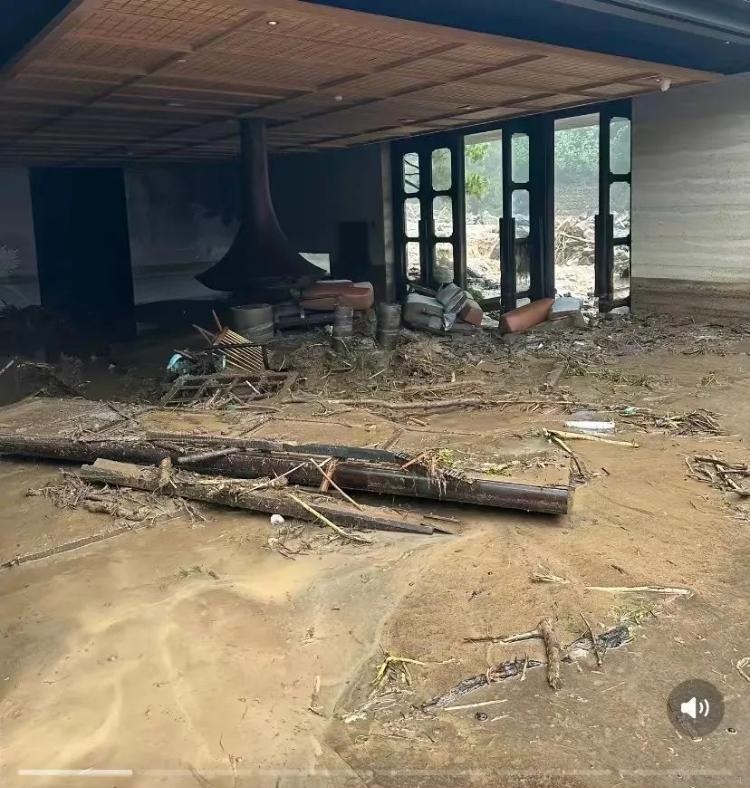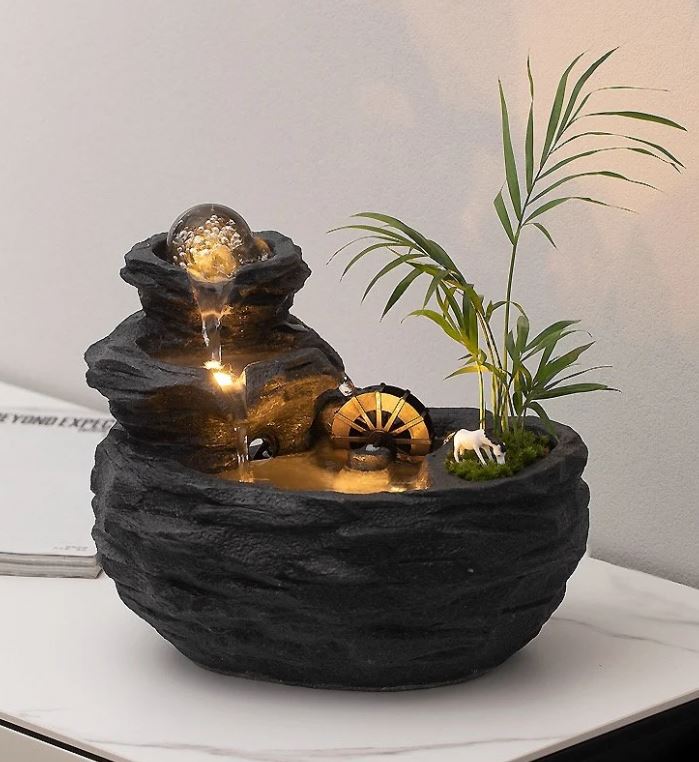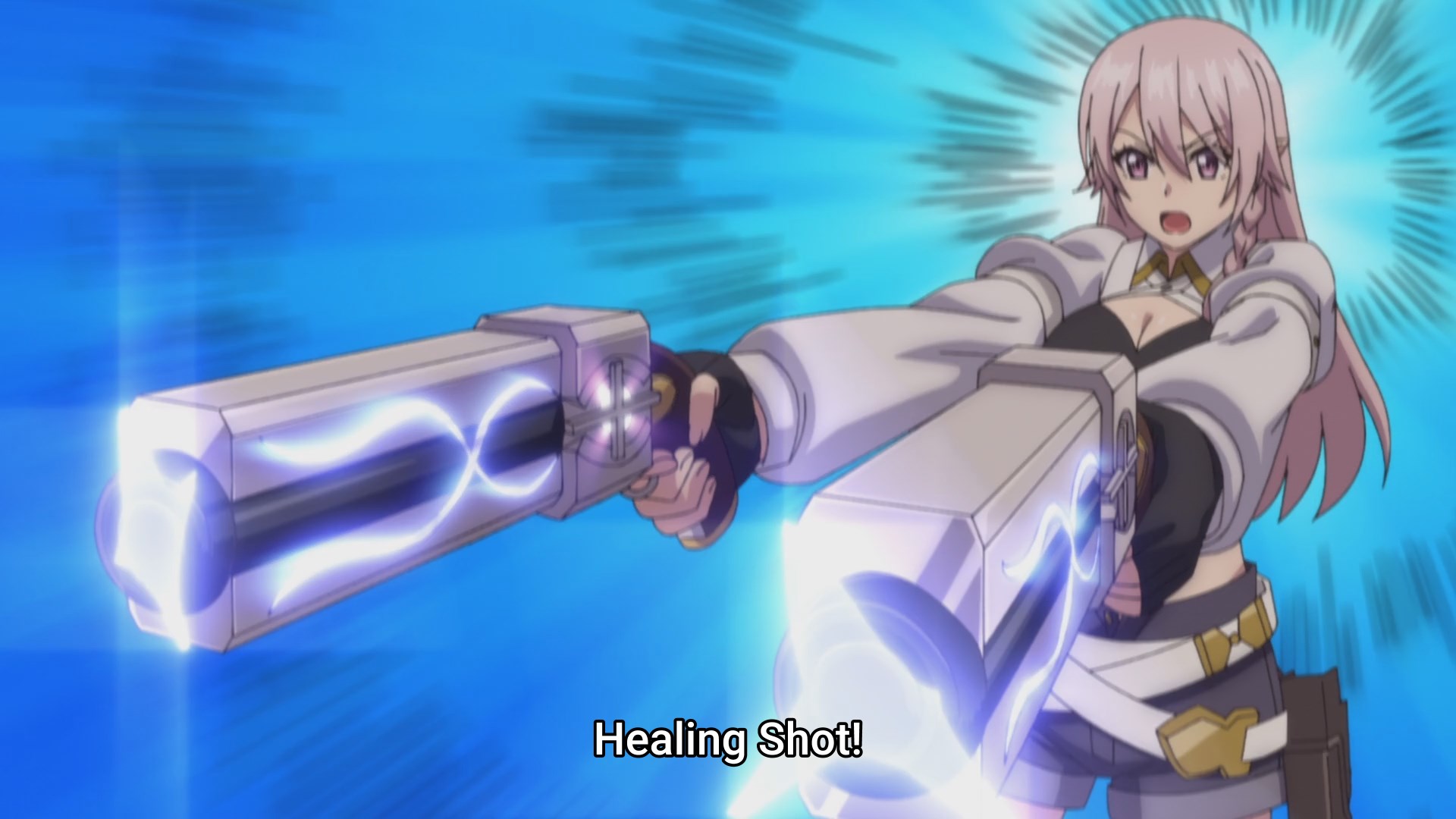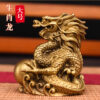Fengshui as we know it, lies in the field of mysticism. There seems to be nothing scientific to it, yet many people from all walks of life believe and dabble in it. For example, you may see people arranging furnitures in a certain manner in the house because it ‘brings harmony to the family’ or have some flowing water contraption somewhere in the office because it ‘brings in prosperity’. Witchcraft on the other hand, gives people the negative vibes of sinister people dealing with curses in a dark place, a practice that should have been long gone in the middle ages but still surviving somewhere in the tribal villages around the world. We have discussed before that witch hunts in the Middle Ages were simply a power play to exert control.
In view of the torrential rains and floods in China this period, where the livelihood of many are affected, today I will talk about the topic of fengshui. I will leave it to my readers to decide whether it makes sense or is nonsense.
One of the more notable damage of the floods is the Xixian Hotel in Beijing. A high-end luxury hotel, it was built over 8 years with a cost of 800m RMB (111.5m USD) and charges 6000 RMB (836 USD) to 15,000 RMB (2091 USD) per night for a regular room. Just 1 year after its opening, the floods have damaged the hotel, though not totally. Someone came out and said that it was due to bad fengshui, which was met with criticisms of baseless superstition. However, experts in this area quickly defended this statement.

Fengshui is broken down into 2 words – feng (風) and shui (水), which literally means wind and water, and it affects the qi (氣). Qi is a concept not known to the western culture, but is basically something that maintains life. Perhaps the breath of life might be a good way to describe it. Fengshui is applied to our daily lives, even if we may not know it.
We take one basic example which everyone can understand. We know that if we buy a house, we should buy southward facing properties if we are living in the Northern Hemisphere and vice versa. That is because it will allow sunlight to flow into the house during the day. This is especially important if we are living in countries with 4 seasons, as sunlight is extremely precious during winter. The ancients, through their observation, made this conclusion, which in Chinese we called 坐北朝南, which means if you live in the north, you face south. Now imagine if the ancients build a house (or if we buy a house) with a facing without sunlight all day, it will be gloomy throughout the year, and especially so with the winter cold, affecting not only our physical comfort, but also our mental health. I lived through a winter in a room without heater and sunlight – it was pure suffering.
Take another example, the fengshui scammers of today like to say we should put in our house something to represent flowing water, as it represents prosperity. Such gadgets are only made in modern times. We look back to 3000 years ago. If your house or village is located near a flowing water source, eg a river, does it not mean that it is a source of non-stagnant clean water? History lessons have told us that humans always like to build their settlements near the rivers or the seas (especially those with rivers meeting the seas), because that is where they have a clean water source for drinking, food, agriculture, daily living and hygiene. Settlements which are built near the rivers or the seas are known to prosper also from trade routes. If we look at it this way, does not the concept of flowing water bringing about abundance and prosperity makes logical and practical sense?

We zoom outwards. The mausoleum of the first emperor of China, Qin Shihuang, is one of the most well-known tomb in China. Its sheer scale, its offerings (especially the Terracotta Army), the skills involved speaks of the capacity and capabilities of the builders and the technologies at that time. In the area of fengshui, it is said that the tomb of Qin Shihuang lies on the 龙脉 (vein of the dragon). However it is not that it will continue to receive blessings or energy throughout the centuries. Let us change our perspective. If you are the first emperor of China, having 赢得天下 (united the lands under the sky), you are by no means a stupid person. Your tomb which you spend so much effort and resources to build, must be protected against 2 things – natural disasters and tomb raiders. Tomb raiders over the centuries may not necessarily be as small scale as those we see in the movies. They sometimes involved armies.
To protect against natural disasters, one will have to ask what sort of natural disasters could damage the tomb. Volcanic eruptions, torrential rains and floods, earthquakes etc. If we scale out and look at the maps, we may realised that certain geographical locations are prone to flooding. Due to the shape and contours of the region, whenever there are floods, water will always flow to that few areas. Some areas are more humid, while others are drier. Taking into account the various factors, these fengshui masters chose a place where the tomb could be hidden, protected and left intact for centuries to come.
While Qin Shihuang’s tomb is famous for ‘not daring to open’ because we do not yet have the technology to perfectly preserve the artefacts inside (the first batches of Terracotta Army was unveiled in their full colours which quickly faded away after being exposed to air), it was also advanced enough with traps to deter tomb raiders. Xiang Yu, a warlord, with his 300,000 strong army went back in failure after being ensnared in the various traps of the tomb.
However, the most famous tomb which is difficult to raid was that of Wu Zetian, first empress of China. Her tomb was built right inside the mountains where it simply was near impossible for tomb raiders to locate the entrance and enter. In fact, Huang Chao, a rebel leader, once led an army of 400,000 and dug a 40m deep trench across half the mountain and still could not find the entrance to the tomb. The trench exists till today. The natural protection of the mountains is what we would call a good fengshui.
In ancient times, the real masters of fengshui needs to have real knowledge of science, geology, geography, astronomy, architecture, ecology etc.
We move on to witchcraft. The medical system of the Yuan dynasty was categorised into 13 departments, just as we have the different departments of medicine today. A few of the 13 medical departments then were: eye, mouth, throat, acupuncture, witchcraft etc.
祝由 is known as treatment without the use of medicine or acupuncture, but relies on spells, curses, psychological methods to cure an illness. I will loosely translate to witchcraft over here, for lack of a better translation and because of its methods used. But why does such a seemingly mystical and scammy method actually turn up in the medical syllabus of that era? Was it that if all methods were exhausted, they can only turn to god and hope for a miracle?
祝由 is made up of 2 components: 祝 meaning to talk nicely and respectfully to cure illnesses, while 由 means the source of the illness. When combined, we have a method of talking to find out the source and curing the illness, which actually seems like modern day’s context of psychiatry and/or psychology. However, many ancient peasants do not have the ability to understand many things.
If for example, a man is suffering from physical weakness and a whole bunch of other small issues (such as having to pee frequently) because of high sexual activity, be it actual sex or masturbation, then naturally the course of recovery will be to abstain. But will that uncultured peasant understand or even have the discipline to do so? Unlikely not. He will most likely give in to temptations repeatedly. But assume now the doctor, in the form of a priest, draws a talisman, gives it to the man with the following words: ‘Paste this talisman at the door of your house to ward off evil thoughts, and keep your body clean for 14 days to prepare for the blessings of god.’
Under the context and culture of the ancients at that time, where superstitious belief and the worshipping of gods are the norm, this course of action holds more power over the simple word of ‘abstain’.

Or consider a woman who was stressed out from a horrible mother-in-law (take note of the societal hierarchy at that time). Divorce was out of the question. Defiance was severely punished. There was simply no way out. Over time, physically this may cause issues such as loss of hair due to stress and loss of appetite, weakening the body. Emotional and mental damage was at all time high for her. If now the ‘priest’ managed to coax out the root of the problem by talking, and then perform a curse along the lines of: “I have now cursed her. She will now not live over 60 (a long life in that era). Every evil deed will make her suffer physically (ailments due to old age) and her lifespan cut short (people die too easily in that era). However you should cleanse your soul from impure thoughts to show sincerity to god’. Burn a talisman and mix it with water and some medicine, and if she takes the advice seriously, should at least improve her condition. Best still (though may not work), with her now ‘cleansed thoughts’, she treats her abusive mother-in-law nicely to accumulate good karma, who then may actually realise this daughter-in-law is good, and from there the relationship improves. All achieved through divine intervention.
In the modern day society, things such as fengshui and witchcraft has lost much of their original and intended meaning, and turned into scams used to cheat people. Today’s article does not relate directly to financial freedom, but expanding our general knowledge is good. The ancients are not as stupid as we think, and if we can learn a thing or two from them, it will definitely help us in one way or another.
For example, I choose my house based on good fengshui. A well-lit house (correct facing) with good airflow (high level) and a view of a water body (be it lake or river or sea or even a community garden) right in front is sure to fetch a good rental or sale price in the future in land scarce Singapore. And with my witchcraft, perhaps I will just call down a blessing on the area such that the government will build more facilities (just read the urban planning agency’s master plan).
Fengshui is real. So is witchcraft. But, their scams in modern day is just as equally real.
Showing 1 - 3 out of 3
Page 1 out of 1
| - | Shop Products | Price | |
|---|---|---|---|
|
|
$99,999.00
|
||
|
|
$1.00
|
||
|
|
Price range: $69.00 through $99.00
|


